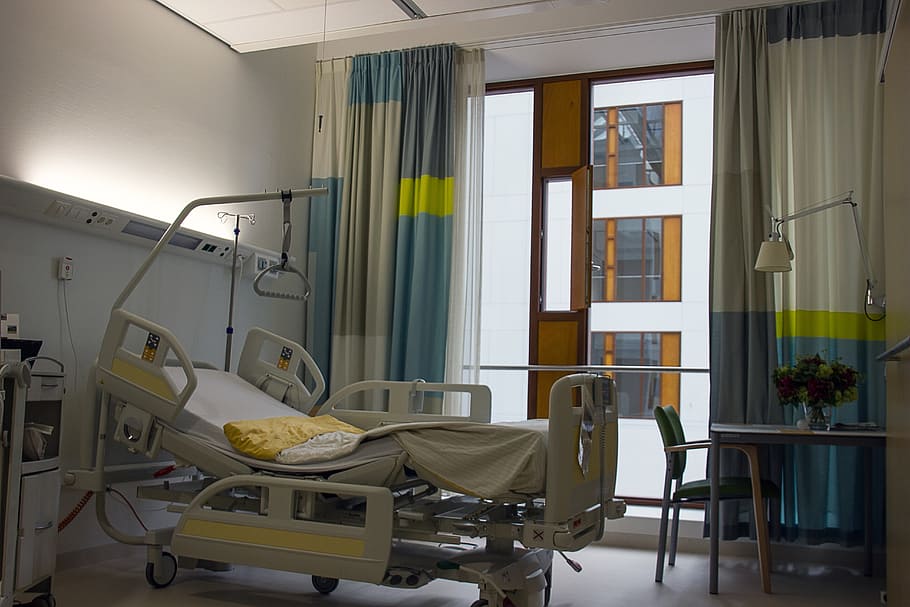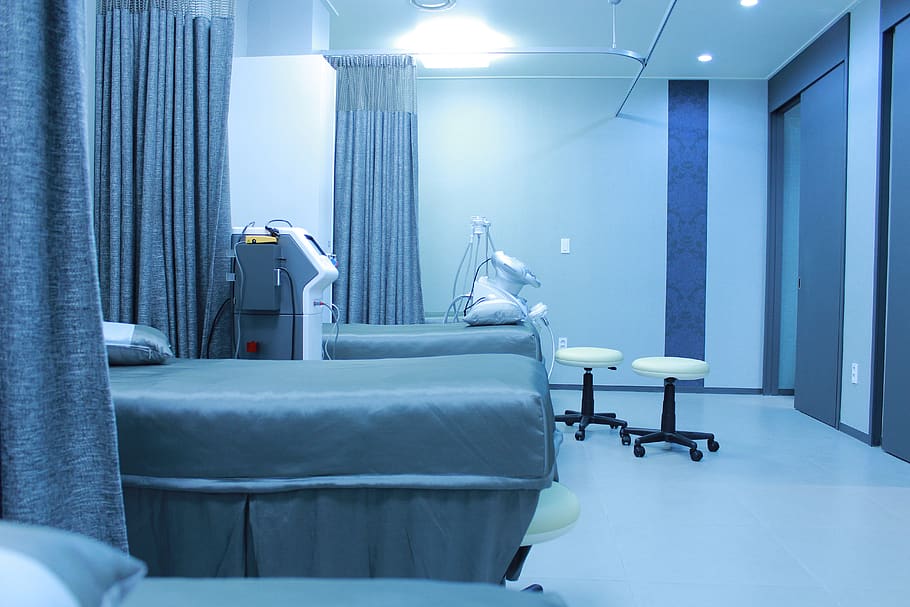Hospital Hotels: The New Trend in Day Care / Elderly Care
The hospital hotel is a temporary accommodation model for people whose state of health does not require continuous medical care. Like any care, it will be subject to a medical prescription. It improves patient care while reducing the number of days of hospitalization, thus generating savings for the healthcare system. In addition, “outsourcing” certain patients allows them to remain involved in their own care by placing them at the heart of the treatment.
Hospital hotels: their birth
Hospital hotels have been very successful in many countries. The first ones were created in the Nordic countries, where ambulatory care has been developed for many years, whether medical or surgical. These hotels provide accommodation for independent and mobile people.
Depending on the country, hospital hotels may or may not include minimal medical supervision with nursing care if necessary. This is the case in Australia and Finland, whereas they do not provide care for people in Sweden, Norway, Denmark, Great Britain, and Belgium.
Hospital hotels even offer medical rooms in Germany, Switzerland, and the United States.
These hotels are the proper consequence of the progress of medicine and surgery and the need to reduce our health care expenses. Thus, the hospital hotel will be part of tomorrow’s hospital landscape, which will be more ambulatory and refocused on its expert and technical missions.
Objectives and characteristics of the hospital hotel

Specificities
The size of the structure is generally either small, with several beds of less than 25, or large, with a capacity of more than 100 beds, which is often the case for the most recent structures.
The hospital hotel will preferably be located within the hospital structure, thus providing patients with a greater sense of security and ease of movement. However, agreements can be made either with associations or with external hotels.
Even if the hospital hotel is linked to the hospital, its management is independent. It can be carried out either by an association such as a family center that welcomes patients and families or by service providers who rent or become the owner of a building.
Taking charge
This transitional accommodation, which takes place between hospitalization and home, will improve patient care by reducing their stay to the time strictly required for the care, enhancing their comfort, and generating savings for health insurance.
The patient does not have to pay for the night’s stay in the hotel, but the hospital will pay for it and be reimbursed by the health insurance company and mutual insurance companies. In some exceptional cases, the hospital will pay for the night’s stay, wholly or partially, when the patient does not have a health insurance plan. This requires the hospital to reorganize its care and management system.
When an accompanying person is necessary, their nights are often covered; however, they will have to pay directly to the hotel when their presence is not essential.
Who is concerned?
It is the doctor who prescribes this type of accommodation for:
– patients who have been discharged or not yet admitted (ambulatory surgery, certain obstetrical cases, etc.);
– autonomous patients because the structure is non-medicalized;
– patients who do not have mental, temporal, or addiction disorders (unless they are accompanied);
– patients who are not carriers of transmissible pathogens (infection);
– patients who are geographically distant and require long, sequential treatments that do not require continuous hospitalization or who are waiting for specific examinations or check-ups;
– patients waiting for a place in a non-medical facility, etc.
Advantages of hospital hotels

This new accommodation model has many advantages for both the patient and the community.
For the patient
This new care improves the patient’s comfort, i.e., the patient receives medical care without being isolated from his family and immersed in an unknown and potentially frightening environment. In addition, not staying continuously or for too long in the care services limits the risk of nosocomial infection (infection associated with care and contracted during care or hospitalization).
This new model of care also helps maintain the autonomy of the elderly since prolonged bed rest and the loss of family references are risk factors for dependence. In addition, numerous studies have shown that the shorter the hospital stay (as far as possible), the faster the person recovers (the familiar environment playing a vital role in recovery as well as the fact of feeling less “sick”).
The hospital hotel facilitates access to care for people geographically distant from hospital facilities. They can benefit from an overnight stay before hospitalization, or not having to make a long journey after outpatient surgery, for example, or be able to stay on-site if care is scheduled over several days.
For the community
This new care organization reduces healthcare costs for society; costly medical beds are thus reserved for people whose health condition requires continuous medical care. It also makes it possible to free up hospital beds more quickly, reducing the overcrowding of emergency services and further improving bed rotation.
Finally, staying on-site reduces the number of often costly medical transports.







